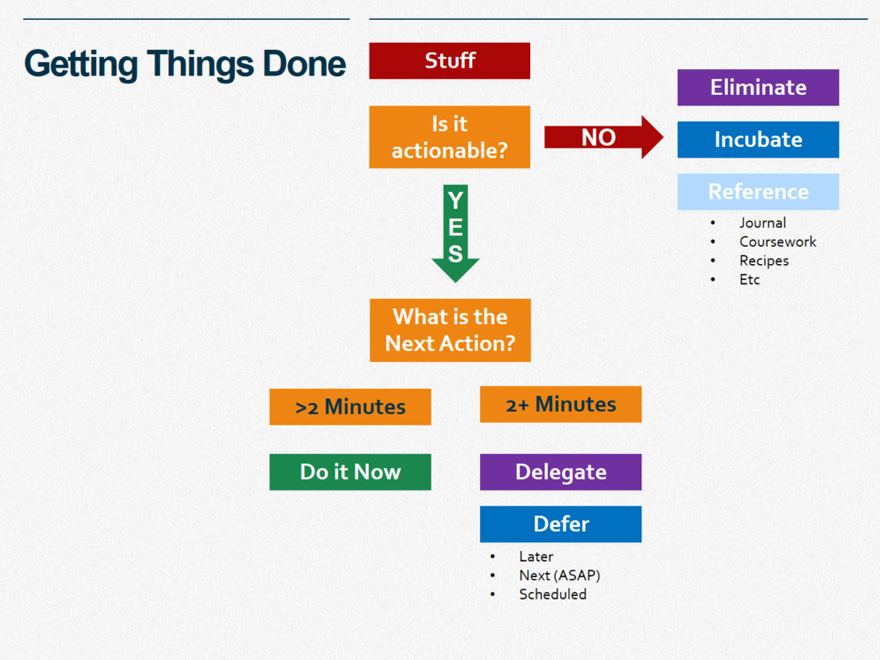November 30, 2018
“Always the beautiful answer. Who asks a more beautiful question.” – E.E. Cummmings
Lessons learnt: Questions are as important as answers (or possibly even more important). Ask why, what if, and how. What if questions could lead to better actions?
Why Question in the First Place?
Time is a most precious finite resource. Most people (in business) are always busy. Business leaders are always anxious to act and do. But they forget to question just if what they are doing is the right thing. In A More Beautiful Question, Warren Berger argues that we should take more time to think and ask questions.
Berger argues for a very specific type of questions to ask: Questions that are ambitious yet actionable and that can change the way we perceive or think about something. These questions should be hard (and interesting) to answer, but easy enough that you can still answer them. In short, you should start asking beautiful questions.
With beautiful questions, you can achieve many great things. In scientific discovery, it’s questions that lead to discoveries. Questions can tackle your assumptions and prejudices. And questions can help you better invest your time in useful activities.
The Power of Questions
One meta-quality of questions is that they allow you to think about what you don’t know. This is how innovation is driven, asking small incremental questions that lead to ever newer prototypes. Berger condenses the link between questions and actions as follows: Q (question) + A (action) = I (innovation). In observing these innovators he noticed three types of questions: why, what if, how. More on this later. First, why aren’t we asking more questions?
In an amazing TED Talk by Ken Robinson (watched 31 million times), he speaks about how schools kill creativity. Schools rate kids on set criteria (sometimes measuring a fish on its ability to climb a tree) and frankly prepare them for a world that is long gone. When kids go to school the number of questions they ask drops radically. Kids are taught to memorize lists, not think critically.
Berger agrees and states that what schools are for is to prepare students to be productive citizens in the twenty-first century. “This requires self-learners, who are creative and resourceful, who can adjust and adapt to constant change.” Luckily some schools do adhere to the questions etiquette and from Montessori schools, the likes of Larry Page (Google) and Marissa Mayer (Yahoo!) have risen to greatness. Therefore we should increase the number of questions we ask and at the same time learn to ask the right kinds of questions.
Beautiful questions can be divided into three parts: why, what if, how.
- Why: stepping back, stop doing and stop knowing*
- What if: you don’t do that, combine A and X
- How: will it work, just do it
From question to execution these three types of questions can help you better execute your plans, focus your actions and improve your results. Now let’s look at how you can use beautiful questions in business and life.
Questioning in Business
The legendary business guru Peter Drucker understood that his job wasn’t to serve up an answer. He argued that he had to “be ignorant and ask a few questions“. Questioning in business works best to see things from a different angle, challenge your own assumptions, and reframe old problems. Here are three examples of businesses that use beautiful questions:
- Google: every Friday all employees (from each level) can ask questions to Larry Page and Sergey Brin. In a Reddit-like style of up- and downvoting the most interesting questions get an immediate answer.
- 3M: all employees can take 10% of their working time to answer questions they would like to explore.
- Panera Bread: what does the world need most … that we are uniquely able to provide? (transforming a company into a cause)
Questioning for Life
“What is your sentence?” This is what Congresswoman Clare Booth asked John F. Kennedy at the beginning of his career. She believed that great people should be summarized (and remembered by) something that fits onto one sentence. One example would be “He raised four kids who became happy, healthy adults”. What would your sentence be?
Another way of putting the question is: Why are you climbing the mountain? What is it you are fighting for? What if you just gave it a shot? What if you couldn’t fail? How would you end up? How would you feel?
I can’t answer the questions for you. But I can ask you to use the power of inquiry to examine your life, to question your motivation, and to use questions for the greater good.
“The wise man doesn’t give the right answer, he poses the right questions.” – Claude Levi-Strauss
The Question: Is it worth the read? (yes)
After our first few years in this world, we stop questioning. We ‘go with the flow’ and become boring grey sheep. Sometimes it only takes a question to become the shepherd. In A More Beautiful Question, you will be prompted to start asking questions.
* Asking why can be done with the five whys methodology. This simple technique forces you to find the deeper reasons for your (or other peoples) actions and convictions. This can uncover hidden motivations and result in better solutions to your problems.

